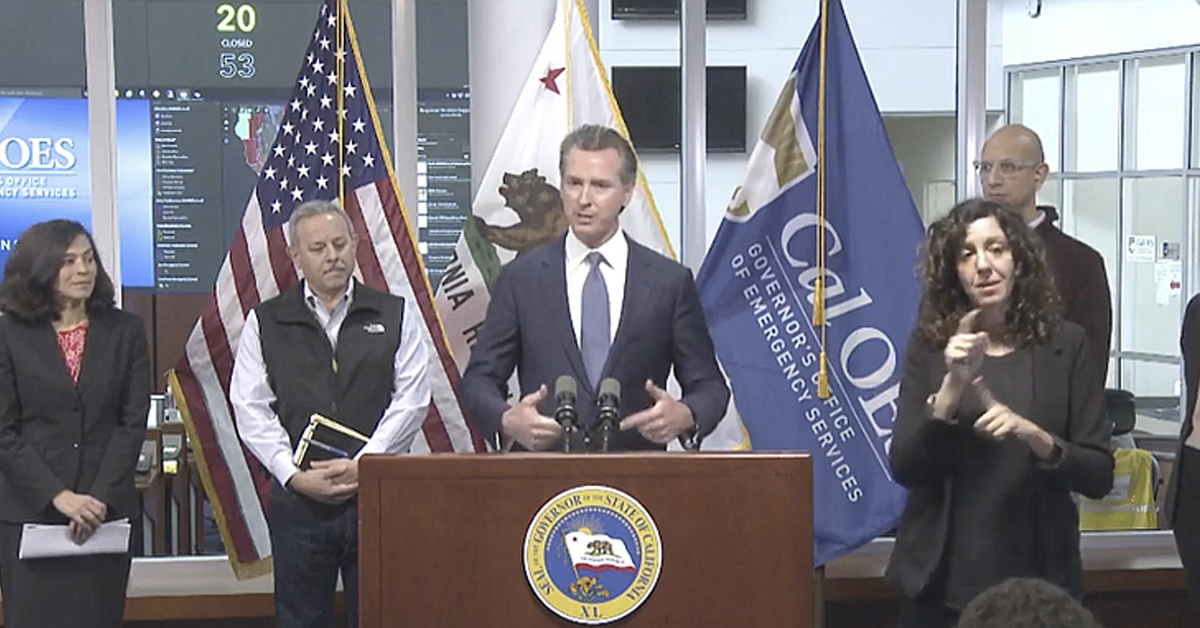California’s proposal to pay reparations to its Black residents for America’s history of slavery could end up costing more than twice the state’s annual budget.
Economists told the state’s reparations task force that the total cost for reparations could be upwards of $800 billion.
The backstory: Gov. Gavin Newsom signed a bill three years ago to create the reparations task force in the wake of the death of George Floyd.
- The task force consists of nine members – five appointed by Newsom, two appointed by the President pro Tempore of the Senate and two appointed by the Speaker of the Assembly.
- Members include Democrat State Senator Steven Bradford and Democrat Assemblymember Reggie Jones-Sawyer.
- California was not a slave state.
The big picture: With an annual budget of $300 billion, the $800 billion reparations estimate is more than 2.5 times the budget and does not include a proposed $1 million payment per older Black resident for health disparities.
Go deeper: The $800 million estimate includes a $125,000 payment to every Black Californian who lived in neighborhoods that were subjected to aggressive policing and prosecution of Black people from 1970-2020, the period considered the “war on drugs.”
- That estimate would make up $246 billion of the $800 billion total.
- Another $569 billion would make up for redlining home loans, giving $233,000 to each Black Californian who lived in the state from 1933-1977.
- Not all Black Californians will be eligible for reparations as they have to be descendents of enslaved and freed Black people in the United States as of the 1800s.
- Other proposals considered by the task force include banning cash bail, adopting a K-12 Black studies curriculum and paying incarcerated inmates market value for their labor.
What we’re watching: The task force is meeting this week to discuss the various suggestions ahead of the June 1 deadline to provide recommendations to the Legislature.










